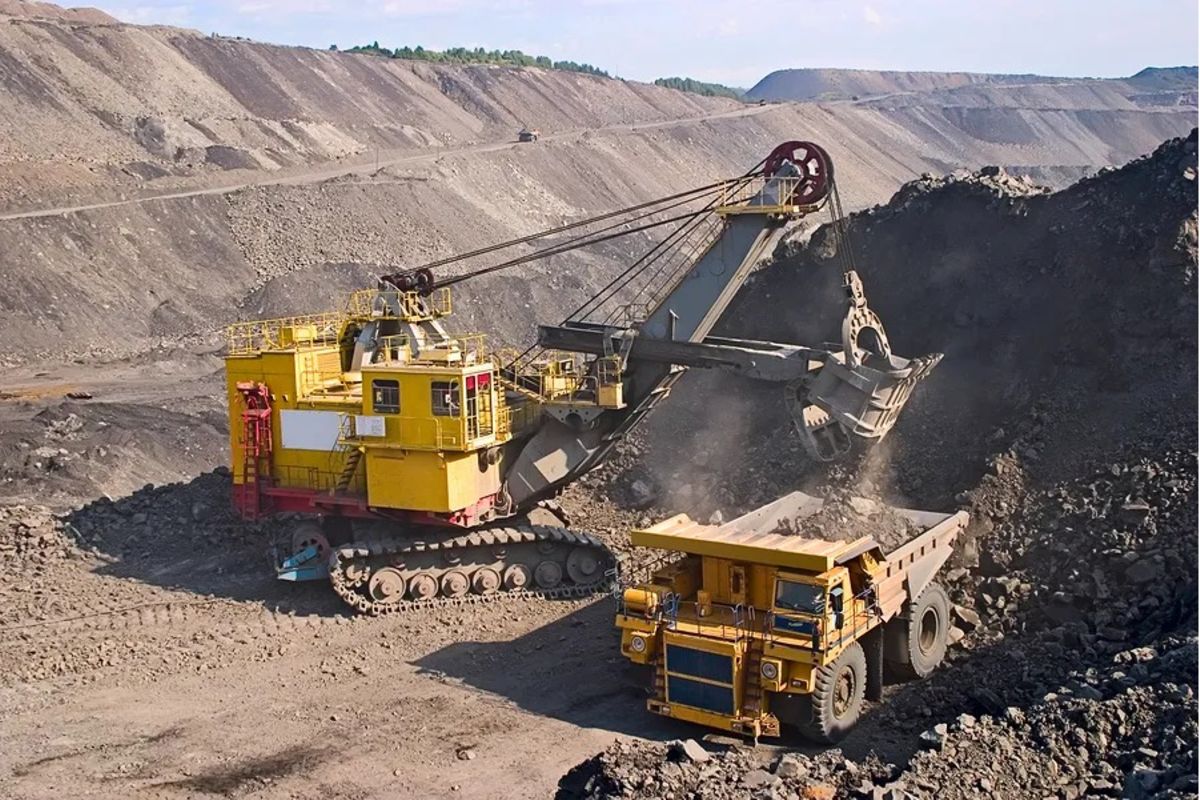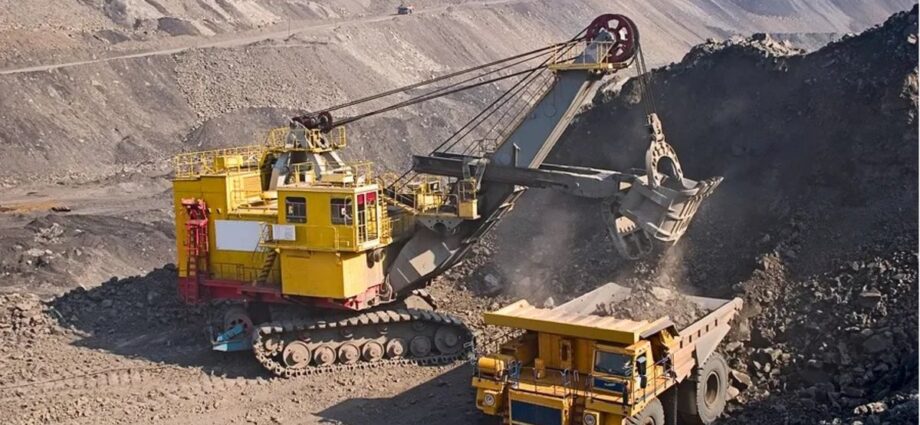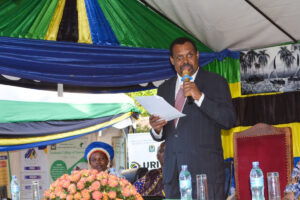
Dar es Salaam. The Tanzanian government has taken huge steps to address the shortage of skilled local professionals in the mining sector, aiming to reduce dependency on costly foreign experts while fostering an environment that supports sustainable growth.
The ministry of Minerals, alongside other industry stakeholders, is spearheading initiatives to build local capacity, improve infrastructure, and ensure environmental responsibility, reflecting the government’s commitment to a robust, self-reliant mining industry.
During a recent The Citizen’s sister newspaper, Mwananchi X Space event organised by Mwananchi Communications Limited (MCL) in collaboration with the Ministry of Minerals, key stakeholders discussed the government’s efforts and the ongoing challenges.
The discussion, held on November 7, 2024, themed ‘Where We Are and Where We Are Going, Towards the International Investment Conference in the Mining Sector in Tanzania,’ highlighted pressing needs for skilled local labour and the measures the government is undertaking to support this goal.
Executive Secretary of the Federation of Large and Medium Scale Miners (also known as the Tanzania Chamber of Mines), Benjamin Mchwampaka, revealed the high cost of relying on foreign professionals to operate advanced machinery like Jumbo drills.
To mitigate these costs, the Chamber has developed six specialised training curricula for Tanzanian professionals, advocating for government support in scaling these programs.
The Chamber’s strategy includes sending Tanzanians abroad for specialised training, with plans to expand such programs through public-private partnerships.
“We provide practical training for Tanzanian professionals, proud of the government’s collaboration in these efforts, which keeps the nation’s funds within the country,” Mr Mchwampaka stated.
This initiative aligns with the Ministry of Minerals’ goal to develop a skilled workforce that can meet the growing demands of the mining industry.
Director of the Mineral Institute, Elvanus Kapira, noted the importance of aligning training with the latest technological advancements.
“We aim to stay ahead by collaborating with the private sector to identify areas of need,” he said, stressing the importance of preparing local experts with relevant, current skills to enhance efficiency and reduce the need for foreign expertise.
However, a significant component of the government’s strategy is to elevate the mining sector, including investments in critical infrastructure.
Minister for Minerals Anthony Mavunde announced plans to build a state-of-the-art mineral laboratory in Dodoma.
This facility, along with additional labs planned for Geita and Chunya, will eliminate the need for miners to send samples abroad, significantly cutting operational costs and supporting the sector’s growth.
“This development will ensure our miners have local access to essential testing services,” Mr Mavunde noted, adding that these laboratories will strengthen the industry’s contribution to the country’s GDP.
Since legal reforms in 2017, which bolstered industry regulations and improved transparency, the mining sector’s contribution to GDP has climbed from 7.2 percent in 2022 to 9.0 percent in 2023, with a target of 10 percent by 2025.
Further government measures include the introduction of the ‘Build a Better Tomorrow’ (MBT) program, spearheaded by the Ministry of Minerals. This initiative, explained by Permanent Secretary Yahaya Samamba, is designed to allocate portions of mining licenses to young people, providing them with access to the mining value chain and alleviating youth unemployment.
Over ten banks have already agreed to support this initiative through loans, enabling youth and local entrepreneurs to develop mining areas effectively.
“The government recognises that supporting local investors is essential to sustaining job security and economic growth,” Mr Samamba remarked.
This approach is expected to drive economic empowerment by ensuring that revenues generated remain within the country, supporting local businesses, and reinvesting in domestic development.
With a strong focus on environmental sustainability, the government is implementing policies to ensure that mining practices meet strict ecological standards. Acting Secretary of the Tanzania Mining Commission, Engineer Ramadhan Lwano, emphasised the importance of environmental oversight to avoid high restoration costs after mining operations end.
“The Commission enforces environmental guidelines rigorously, penalising those who fail to comply and requiring remedial measures to protect local ecosystems,” he explained.
He added that efforts to educate and monitor mining companies help ensure that mining benefits are preserved for future generations, with mines being safely closed and restored once mineral extraction is complete.
In addition to these initiatives, the government is committed to building a professional mining workforce capable of managing sector operations with transparency and efficiency. Economist Oscar Mkude highlighted the need for improved decision-making speed and capacity-building among Tanzanian professionals, especially in strategic mineral resources.
He emphasised that empowering local experts would instill confidence in investors, reducing delays in project execution.
He also underscored the need for strong governance to curb corruption risks in the mining sector.
“Exploring how the sector is managed will ensure that its benefits are widely distributed among Tanzanians,” he said.














